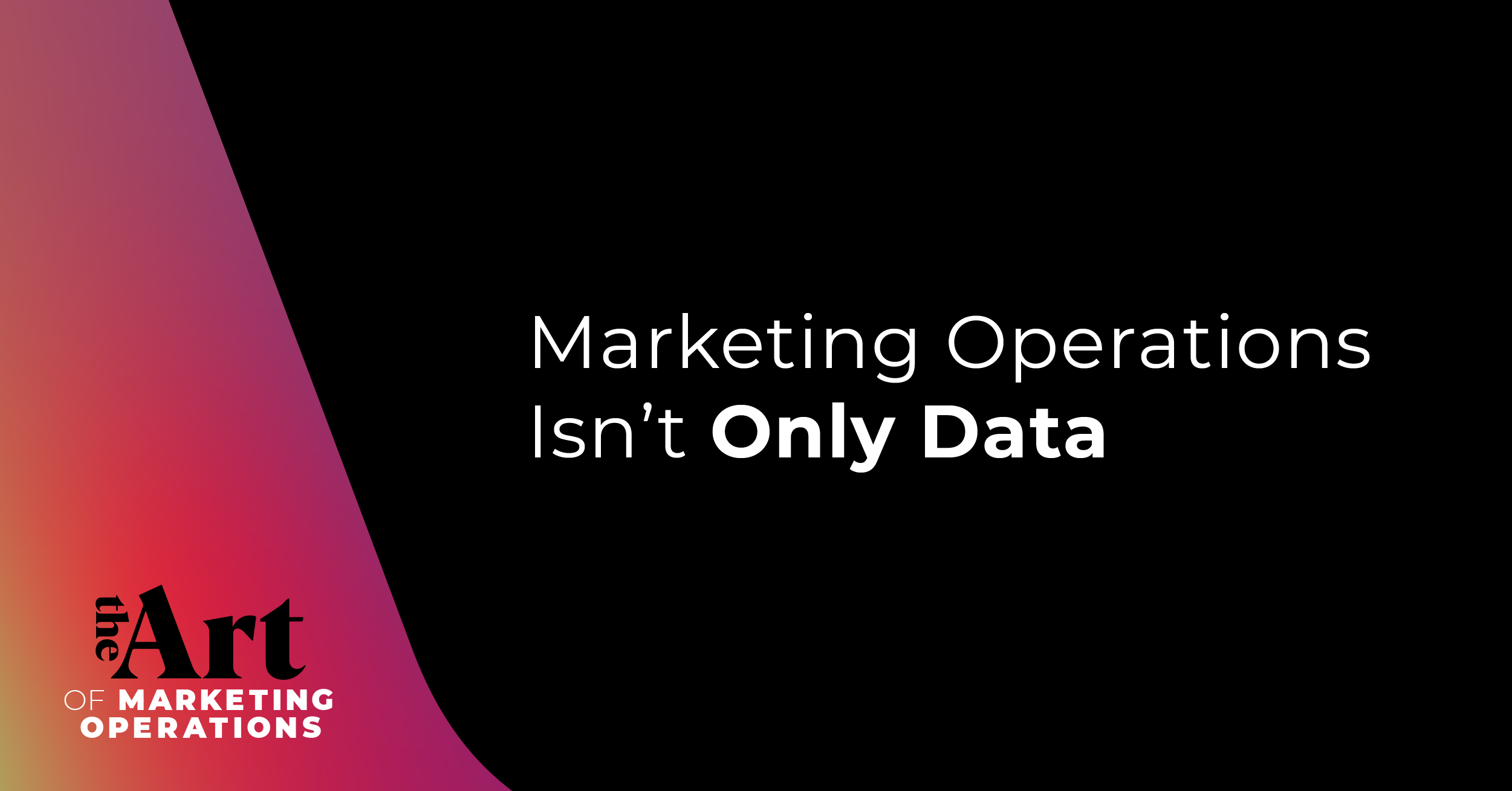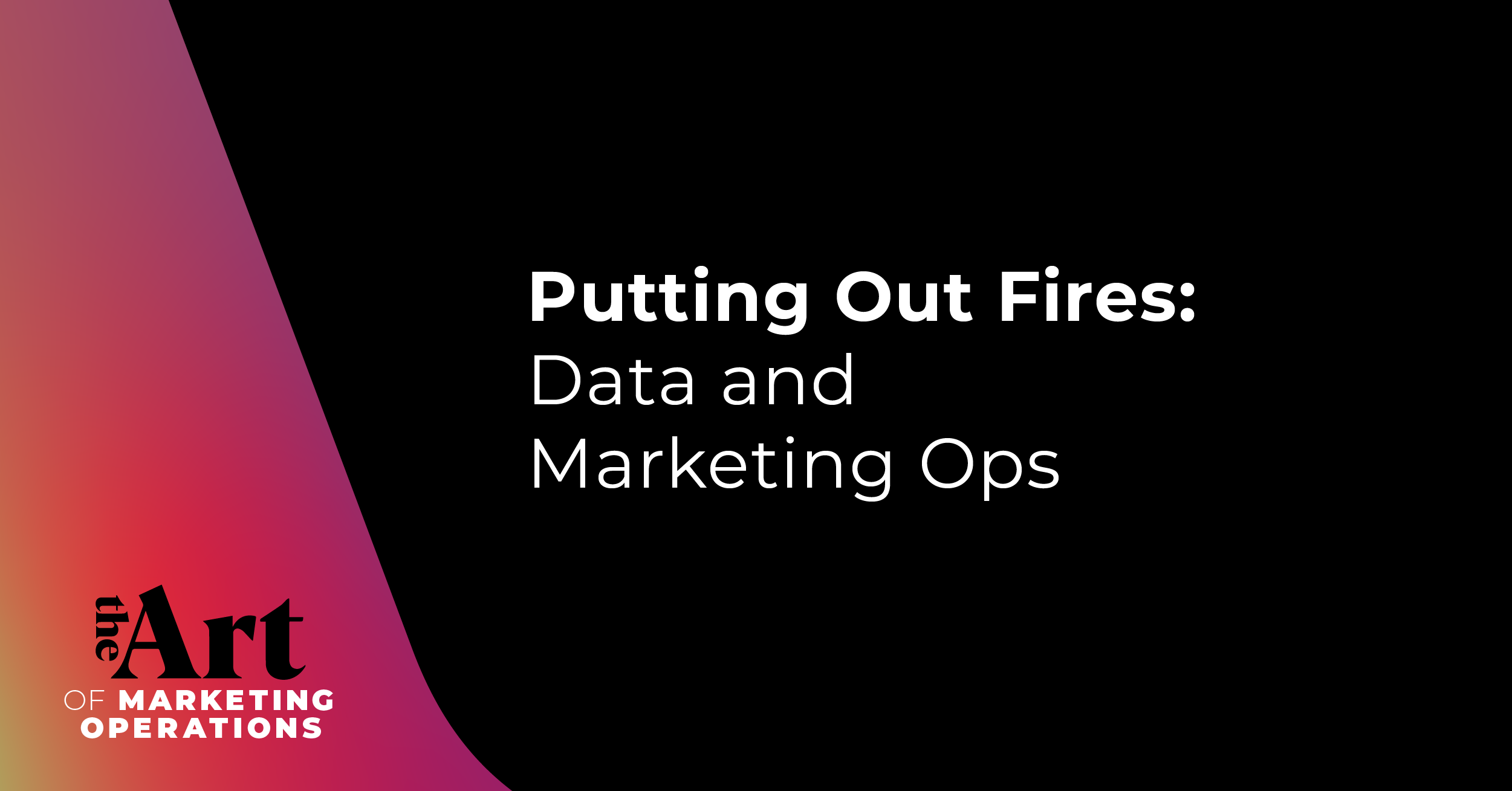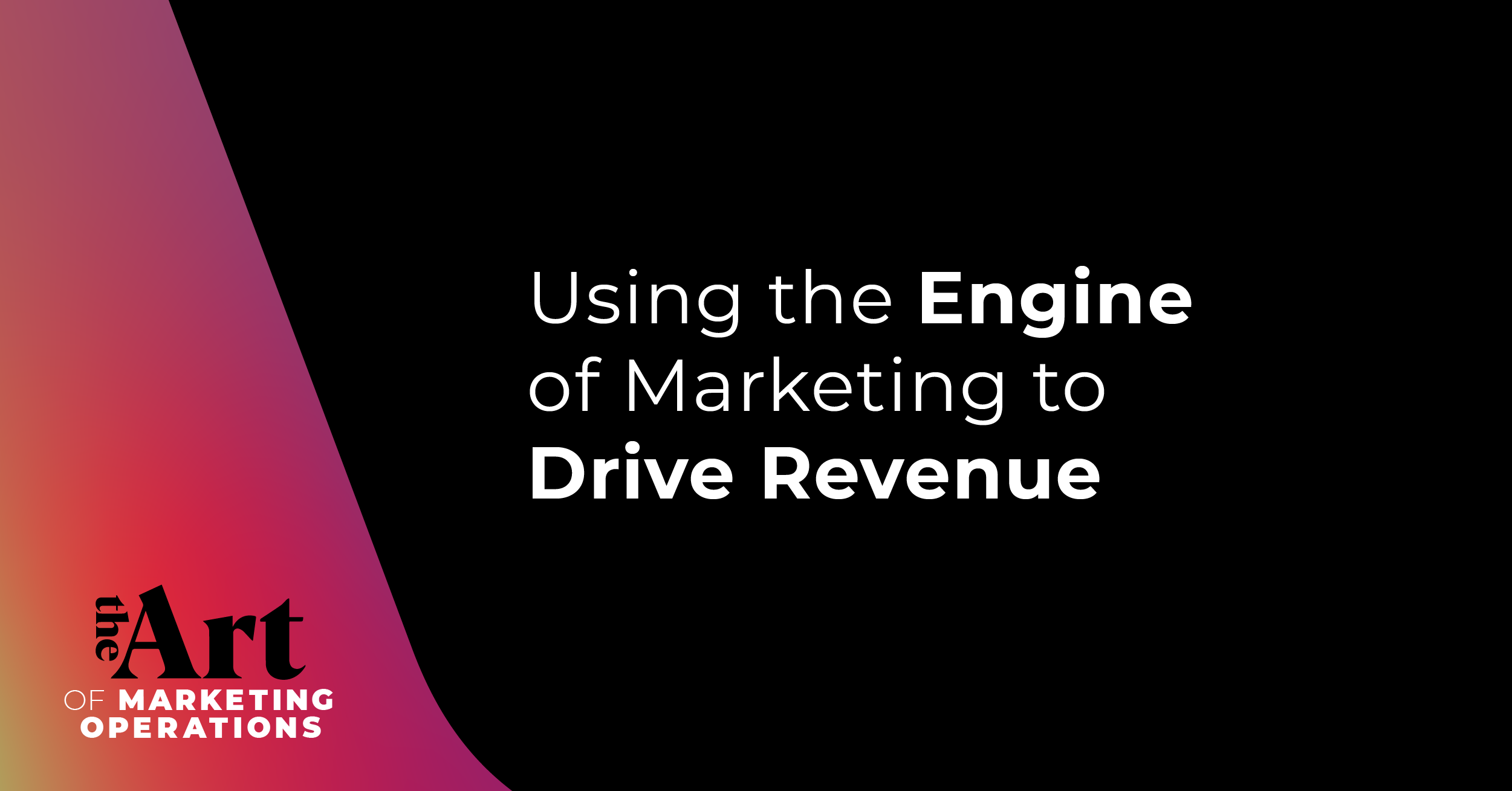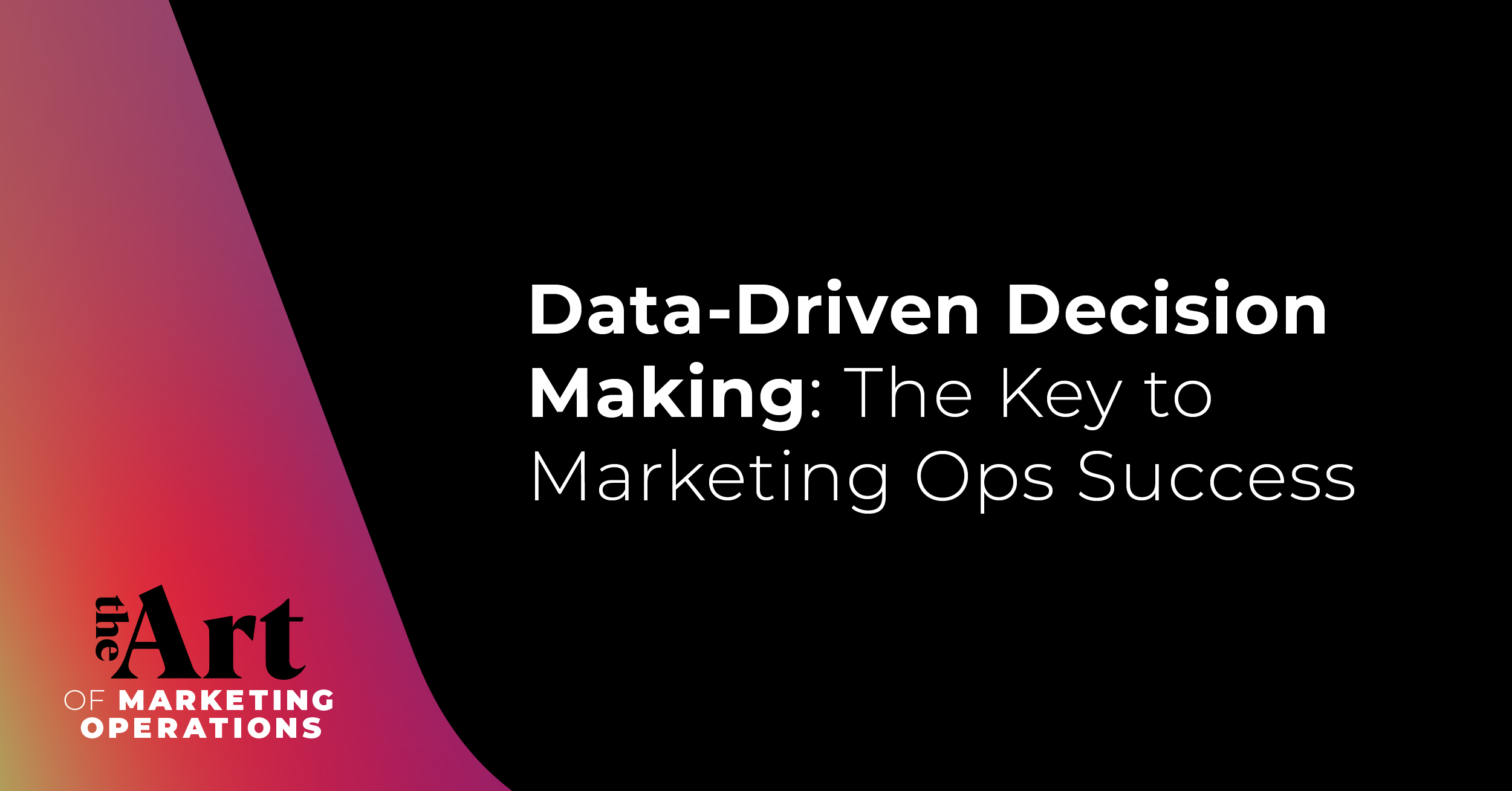Highly detailed website performance data tracking allows you to test and pivot in a continuous cycle of self-improvement.
The data makes a little bit of failure okay because it provides important analytics into what’s working and what isn’t.
I recently interviewed Chris Panebianco, CMO at Bankers Healthcare Group, about the necessity for analytics and creatives to work in tandem to deliver marketing that always iterates.
We discussed using data to support creativity and dived deep into:
- The artistry behind marketing
- Building continuous learning into team mindsets
- Organizational structure, communication cadences, and pods
- The essential role of data and analytics in dynamic marketing
- Metrics that Chris checks every single day
Take Fear Off the Table
Make sure your team has a voice and a sounding board. You have to listen to them.
Now, this sounds easy. You can scroll through LinkedIn and see one motivational leadership quote after another on the importance of listening. That's not going to get you anywhere.
You have to go down in the trenches and listen to your troops. They're going to give you information that you need to know.
Even better, if those troops in the trenches feel valued, they're going to run through that wall for you.
"I've made every mistake as a leader you can make," Chris said, "from insecurity to ego to making the wrong hires."
Chris isn’t afraid to tell his team about those mistakes. You shouldn't be either.
Get fear off the table.
Your listening ear will give people courage to deal with problems when they crop up. More than that, you will foster trust and a sense of value in your team.
In return, those people will move mountains.
“Bring everybody in, make it inclusive, make it fun — make it so that they know that it's okay not to know something and to ask a question.” — Chris Panebianco
Embrace the Data
Data and analytics are here to stay.
The faster you get on board and bring your data folks into your team's fold, the better off you'll be.
This is another one of those sounds-easy-but-is-really-tough pieces of advice. Here's why:
Marketing leaders can look at data and analytics any way they (we) want to. You and a colleague can look at the exact same data set, and you'll walk away calling it "black" while your colleague will say "white."
The point is this: you can't turn marketers loose with data and let them interpret it. You have to educate everyone. Your data folks need to share with you what you're looking at, explaining how to interpret the raw information in a way that works.
Embracing the data is critical because none of your tactics matter if your data isn't good. Analyzing good data tells you what to do. That's the lifeline of marketing, branding, and performance.

4 Metrics to Check Every Single Day
If your data isn’t good, none of your tactics matter.
The problem, of course, isn't that you don't have enough good data. The problem is that you are swimming in good data.
What key elements in that data pool will make tomorrow a better day for your company?
Chris checks these four metrics every day:
- Data Quality
Without solid data, nothing you track (or do) will ever scale. Chris looks at the quality of the information across all channels before assessing specific techniques.
- Response Rates
This is your typical response rate approval > pull through > ROI. Within performance marketing, this is your main metric.
- Risk
It would be no good to have great pull through but poor finance. Chris says he's okay with a little bit of failure provided his team isn't going down the wrong path regularly.
- Website Performance
You need to partner with analysts to make good on understanding performance metrics.
Bottom line? Embrace data and analytics in your daily KPIs.
Advice From the Trenches
If you're not focused on the customer, you're in deep trouble. It's not just trendy to say that. It's real.
"Our company started in 2001 with three people," Chris said, "and it's grown, because we've always valued the customer. "Fail fast. If you take on a fail-fast mentality, you're far ahead of the people with a tried-and-true playbook telling them how it should be done. You don't have to be perfect. Just get something out there. Get feedback. Find the customers. Learn the market.
A Key Takeaway (or Two)
- Listen to your team. They know what's going on. You can learn from them.
- Get your data and analytics people on board. Information grows more and more critical and so does the ability to integrate it into your team's strategy.













